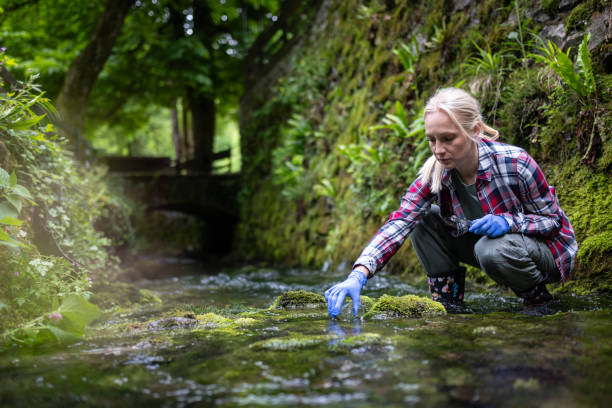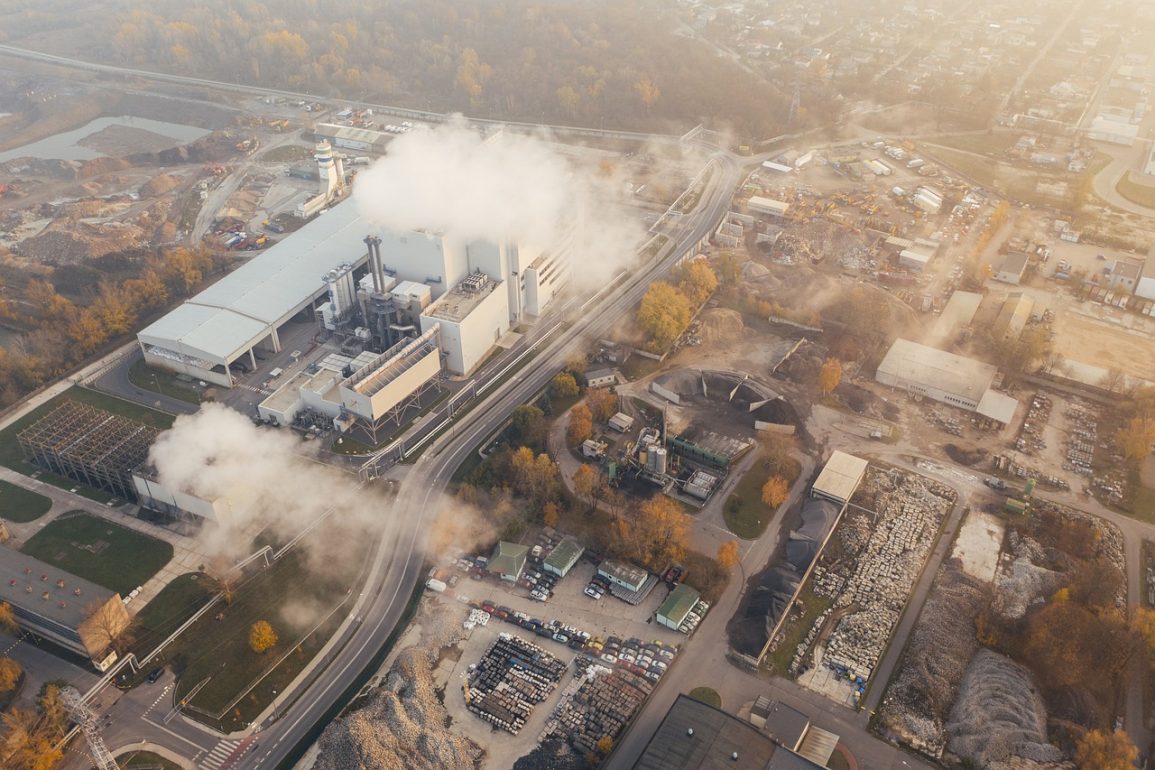A new method developed by researchers at Oxford and Imperial College London introduces an advanced technique to trace river pollution sources.
This approach works in reverse, starting from polluted water observations and identifying the origin.
Its simplicity allows for the possibility of scaling the method across the nation, making it a significant breakthrough in environmental monitoring.
In a key case study, the model effectively tracked the origin of a neonicotinoid pesticide in a chalk stream.
Oxford researchers have also introduced www.sewagemap.co.uk, a tool that lets the public track sewage pollution in rivers in real time, contributing to public awareness.
There has been rising concern about the extent of sewage pollution in UK rivers, with just 14% currently achieving “good” ecological status.
Until now, identifying the pollution sources has been difficult.

However, this new inverse modeling method, as published in Science of the Total Environment, addresses this gap.
Unlike traditional methods that estimate pollution flow from known sources, the new approach traces the pollution backward from the water, providing more reliable data without relying on assumptions.
The method was applied to the River Wandle in southwest London, identifying that sewage works were the primary source of illegal pesticides.
This discovery suggests that pet medications washed into the sewage system may be contributing to river contamination.
The research holds potential beyond professional monitoring, with the power to incorporate citizen science.
By empowering the public to gather and share pollution data, this technique could bolster local efforts to address water contamination.
This groundbreaking study underlines the importance of collaboration between scientists, public contributors, and responsible industries.
As more data becomes available, this method could prove essential in holding polluters accountable and driving action to improve river health across the UK.

